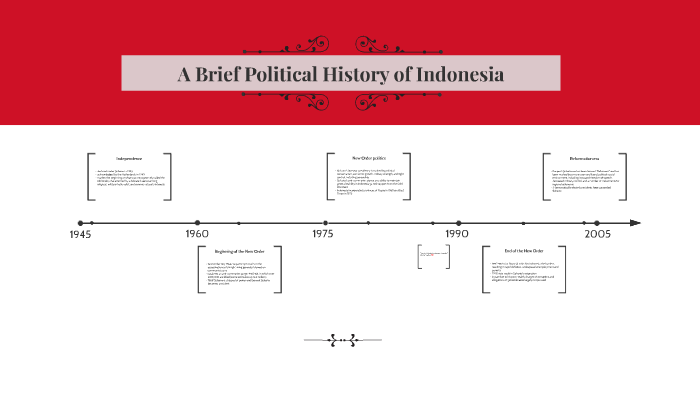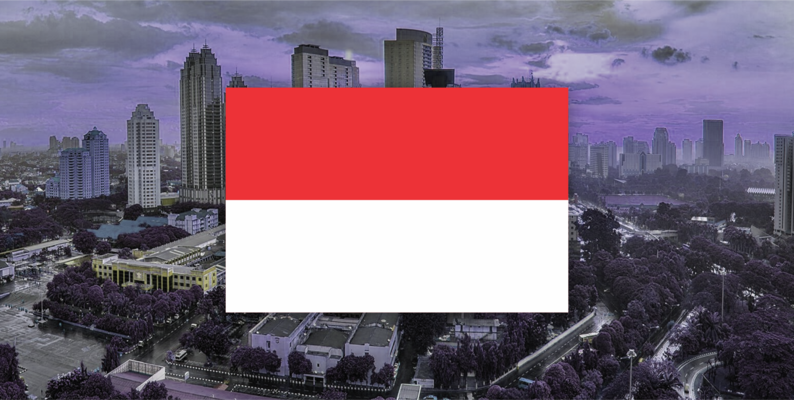Indonesia Political History: Key Events Shaping Indonesia’s Politics
JAKARTA, turkeconom.com – Indonesia Political History is a rich tapestry woven from centuries of indigenous kingdoms, colonial rule, revolutionary struggle, authoritarian governance, and democratic transformation. By tracing the landmark events and ideological shifts—from early nationalist movements to Reformasi—you can understand how Indonesia evolved into today’s pluralistic republic. This overview highlights the milestones that have defined the nation’s political trajectory and continues to inform its future.
Colonial Era and Early Nationalism

-
- Dutch East India Company (VOC) & Dutch Colonial Rule (1602–1942)
• Exploitation of trade resources and introduction of authoritarian bureaucracy - Ethical Policy (1901)
• Limited educational reforms that inadvertently fostered nationalist ideas - Boedi Oetomo (1908)
• First indigenous political organization emphasizing cultural and educational revival - Sarekat Islam & Indonesian National Party (PNI)
• Mass mobilization under leaders like Sukarno and Hatta to demand self-governance
These formative movements laid the ideological groundwork for Indonesia’s struggle for independence.
Japanese Occupation and Proclamation of Independence
- Japanese Occupation (1942–1945)
• Dismantling of Dutch institutions but severe wartime hardships - Proclamation of Independence (17 August 1945)
• Sukarno and Mohammad Hatta declare sovereignty amid Japanese surrender - National Revolution (1945–1949)
• Diplomatic negotiations and armed resistance leading to the Dutch transfer of sovereignty
The occupation period paradoxically accelerated Indonesia Political History by weakening colonial control and galvanizing national unity.
Liberal Democracy Period (1950–1957)
- Constitutional Government
• Parliamentary democracy with frequent cabinet reshuffles - 1955 General Elections
• First truly competitive multiparty elections in Indonesia Political History - Regional Rebellions
• PRRI/Permesta uprisings reveal tensions between central authority and outer islands
Political instability under liberal democracy prompted calls for a more guided system.
Guided Democracy (1957–1965)
- Transition to Guided Democracy
• Sukarno’s decree dissolves parliament, emphasizing “Nasakom” (Nationalism, Religion, Communism) - Centralization of Power
• Military and Communist Party (PKI) gain influence; political parties curtailed - 1965–1966 Turmoil
• Failed coup blamed on PKI leads to mass anti-communist purges
Guided Democracy marked a decisive shift toward authoritarian governance in Indonesia Political History.
New Order Regime (1966–1998)
- Rise of Suharto
• Supersemar decree consolidates power in the military-backed New Order - Economic Development & Political Control
• Golkar becomes the dominant political vehicle; dissent is suppressed - Asian Financial Crisis (1997–1998)
• Economic collapse triggers widespread protests and Suharto’s resignation
The New Order era is a defining chapter in Indonesia Political History, blending rapid modernization with human rights concerns.
Reformasi and Democratic Consolidation (1998–Present)
- Reformasi Movement (1998)
• Student-led protests dismantle the New Order and demand systemic reforms - Constitutional Amendments (1999–2002)
• Decentralization of power to provinces and direct presidential elections - Corruption Eradication Commission (KPK) Established
• Landmark institution aimed at tackling endemic corruption
Reformasi represents the most significant democratic milestone in Indonesia Political History, reshaping governance and civil liberties.
Contemporary Politics
- Joko Widodo’s Presidency (2014–2024)
• Infrastructure drive, bureaucratic reform, and social welfare initiatives - Rise of Identity Politics
• Increasing influence of religious and ethnic narratives in electoral campaigns - Digital Democracy
• Social media’s role in mobilizing voters and shaping public discourse
Current trends in Indonesia Political History illustrate the balance between democratic deepening and emerging challenges.
Key Legacies and Impacts
- Decentralization & Regional Autonomy
• Greater local governance but varying capacity across provinces - Civil Society & Media Freedom
• Vibrant but under pressure from disinformation and regulatory shifts - Economic Growth vs. Inequality
• Sustained GDP gains alongside regional and socioeconomic disparities
These legacies continue to influence policy debates and Indonesia’s position on the global stage.
Conclusion
From the VOC’s trading posts to the Reformasi rallies, Indonesia Political History reveals a nation’s resilience and adaptability. Each era—colonialism, Guided Democracy, the New Order, and Reformasi—has left an indelible mark on institutions, culture, and citizen engagement. As Indonesia navigates future challenges, understanding these pivotal events will be vital for scholars, policymakers, and citizens committed to sustaining its democratic journey.
- Dutch East India Company (VOC) & Dutch Colonial Rule (1602–1942)
Sharpen Your Skills: Delve into Our Expertise on Politic
Check Out Our Latest Piece on Peacebuilding: Fostering Stability in Indonesia!











